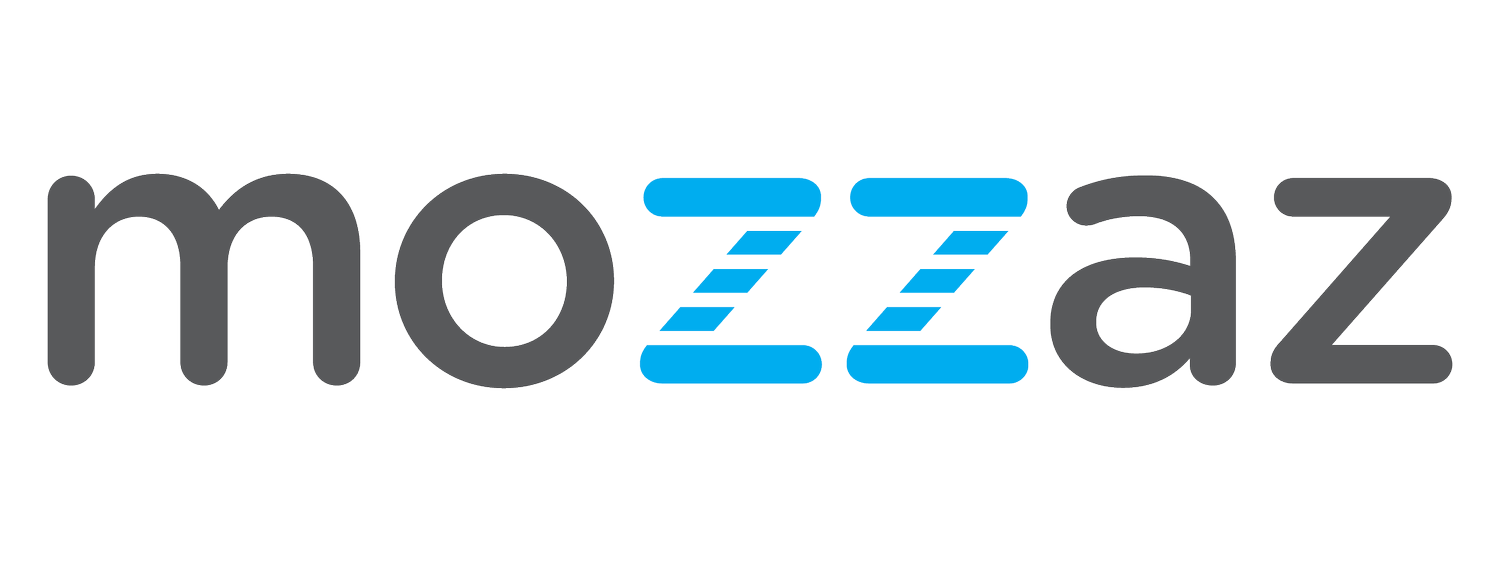Key Updates to RPM & Telehealth Reimbursement in 2024
The Centers for Medicare & Medicaid Services (CMS) has recently unveiled its final rule for Medicare payments under the Physician Fee Schedule (PFS), ushering in significant changes that will impact healthcare providers nationwide. Effective as of January 1, 2024, these updates highlight the continued expansion of telehealth and remote patient monitoring (RPM) services, underscoring the growing role of technology in healthcare delivery.
To keep you informed of these changes, we've compiled the eight key updates you need to know to navigate RPM reimbursement in 2024:
Established Patient Requirement
New Patient Evaluation and Management (E/M) or similar services are now necessary before initiating patients on RPM services, providing an opportunity to discuss their specific care plan(s) prior to enrollment.
Exceptions:
Patients who received RPM services during the Public Health Emergency (PHE) are exempt, given their established relationship with the provider or group.
The established relationship rule does not apply to remote therapeutic monitoring (RTM) reimbursement.
16-day Data Collection Requirement
Updates to the 16-day billing guideline for remote monitoring data collection now require data collection for at least 16 days in a 30-day period (episode of care days, NOT calendar month days) for CPT codes 99453 and 99454. The 16-day rule for data collection does not apply to time spent on CPT codes 99457 or 99458.
The two-day rule during the Public Health Emergency is no longer applicable.
Clarity on RPM and RTM “Time Spent”
CMS has provided clarity for time spent billing guidelines for codes 99457, 99458, 98980, and 98981. The 16-day data collection rule does not apply to these codes, as time spent is defined as treatment management.
These codes now have a billing guideline of a 30-day calendar month.
Only One Provider Can Bill for RPM and RTM Codes
CMS has changed practitioner guidelines, stipulating that RPM Device CPT codes 99453 and 99454, or RTM codes 98976, 98977, 98980, and 98981, can only be billed by ONE practitioner in a 30-day period (episode of care, NOT calendar month).
RPM/RTM Concurrent Billing with Other Services
CMS clarified requirements on concurrent billing for other services. RPM and RTM cannot be billed together in the same month, but specific services such as Chronic Care Management (CCM), Transition Care Management (TCM), Behavioral Health Integration (BHI), Principal Care Management (PCM), and Chronic Pain Management (CPM) can be billed concurrently with either RPM or RTM.
Billing RPM Services During Global Surgery Period
Medicare now permits the provision of RPM or RTM services during the global period if the billing provider of these services is not the provider receiving the global service payment.
FQHCs and RHCs – Care Management CPT Code
New reimbursement opportunities for FQHCs and RHCs are introduced with the 2024 Physician Fee Schedule updates. FQHCs and RHCs may now receive reimbursement from CMS for RPM or RTM services (not both) billed with Care Management CPT Code G0511. This code can be billed multiple times in a calendar month.
New Cost Fee Structure
Changes to the cost fee structure have resulted in slightly lower reimbursement rates for individual CPT Codes for Remote Patient Monitoring (RPM), Chronic Care Management (CCM), and Remote Therapeutic Monitoring (RTM).
Stay ahead of the curve in the evolving landscape of telehealth by being well-versed in these crucial updates. For those considering managed RPM services, Mozzaz offers innovative solutions tailored to the new guidelines. Ensure your practice is optimized for success in this rapidly advancing field. Ensure your RPM and digital health programs receive the support they need from your technology partners, Mozzaz is here to assist you every step of the way.
